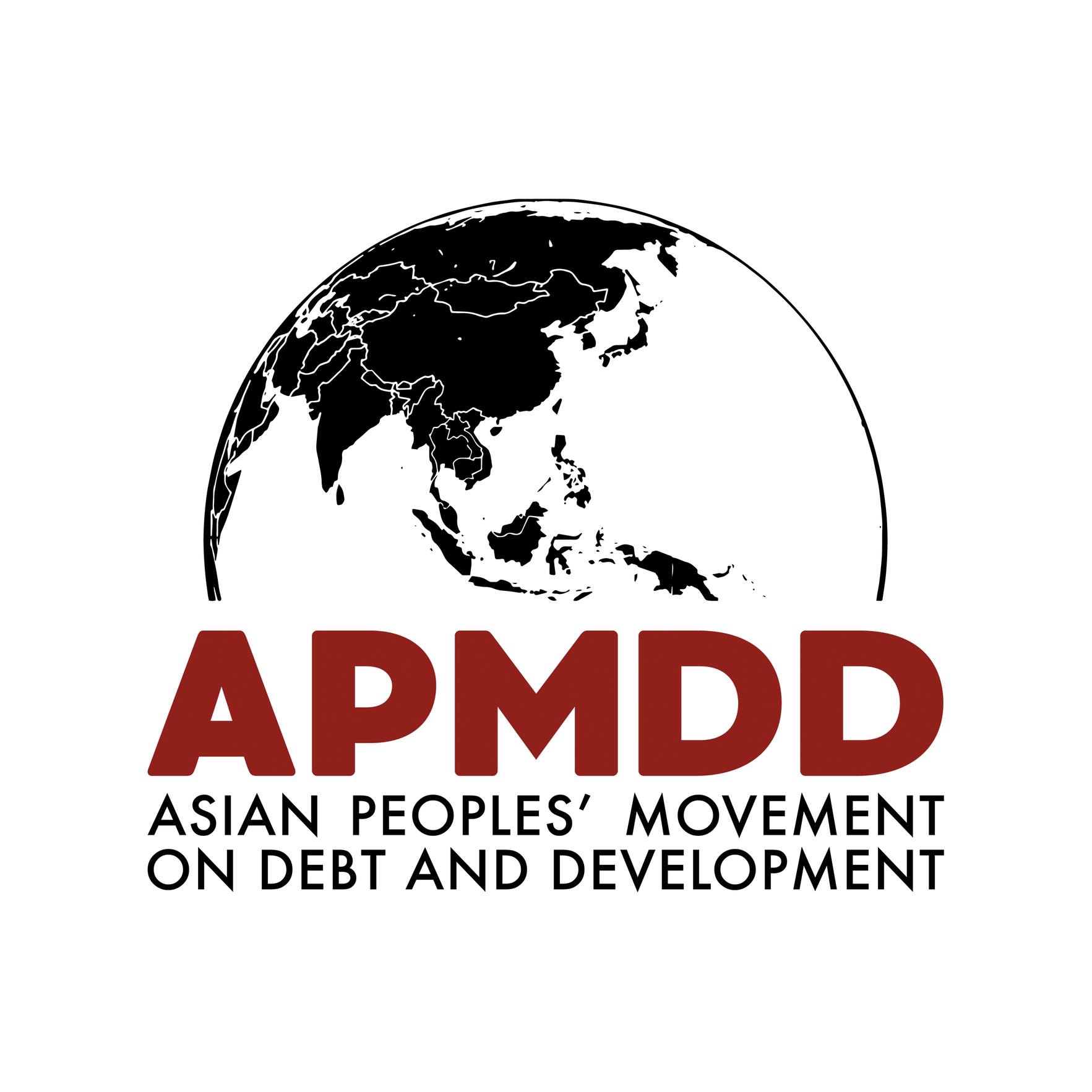IM-Defensoras est une coalition locale à régionale de défenseuses des droits humains (WHRD), d’organisations, de réseaux et de mouvements sociaux. Nous rassemblons actuellement environ 2 800 défenseuses des droits humains et 300 organisations de Méso-Amérique (El Salvador, Honduras, Mexique et Nicaragua).
Notre travail contribue à la construction d’un tissu social solide qui reconnaît les contributions et les besoins des défenseuses des droits humains, en leur donnant accès à des ressources de protection et d’autonomisation holistiques, opportunes et sensibles au genre, ainsi qu’à des outils pour combattre la violence basée sur le genre et d’autres formes de violence liées à leur travail de défense des droits. Nous nous efforçons de permettre aux défenseuses des droits humains (WHRD) méso-américaines de poursuivre leur travail de défense des droits de l’homme, de la paix et de la justice dans des conditions de sécurité, de bien-être, de leadership et d’autonomie en appliquant des stratégies de protection holistique féministe (FHP).

